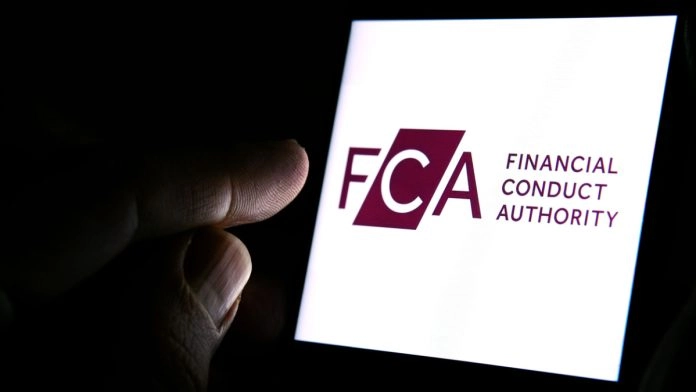The UK Financial Conduct Authority (FCA) has launched a call for input (CFI) seeking to gather evidence into whether a situation of ‘data asymmetry’ has enabled ‘Big Tech’ firms to gain greater market power.
Requested participants to the CFI include financial service providers, challenger firms – including fintechs – trade bodies, consumers, consumer interest groups, national and international competition authorities and regulators, and Big Tech companies themselves.
Central to the FCA’s three-year strategy, launched in April 2022, is a commitment to investigate the potential impact Big Tech firms are having on competitiveness in the UK’s fintech sector, in both positive and negative ways.
According to statements collected by the FCA from some fintech and financial service stakeholders this year, there are industry concerns about a possible asymmetry of data between Big Tech companies and other actors.
This lies in the fact that Big Tech firms’ datasets sit outside of existing data sharing initiatives, whilst financial services firms’ datasets do not. This means that Big Tech can access financial services’ data, but not the other way around.
Data accessed via sharing initiatives can then be combined with data from Big Tech’s core digital activities, the FCA explained, which can then be leveraged via analytics and AI to ‘impact how competition develops’.
“We would like to gather more focused information and evidence to assess the risk of the market developing in a way where Big Tech firms gain entrenched market power because of this data asymmetry,” the FCA explained.
“We also want to better understand the potential benefits that could arise from this concentration of customer data in Big Tech firms.”
By being granted access to Big Tech datasets, the ‘competitive disadvantage’ Big Tech firms have over financial service firms ‘may not exist as strongly’ due to the data in question revealing insights into consumer financial and risk profiles.
The CFI will conclude on 22 January 2024, and any findings will be used to inform the FCA’s ‘future regulatory response’ to any perceived data asymmetries Big Tech may have over financial services competitors.
The FCA also observed that Big Tech firms merge with, acquire or enter into partnerships with financial services providers, with the latter option apparently being of most benefit to Big Tech due to disproportionate strengthening and bargaining power.
Additionally, the FCA may also explore how concentration of consumer data could potentially benefit Big Tech companies. Respondents have also been asked to inform the FCA of any other ways Big Tech could potentially gain an advantage over competitors in the UK market.
The initiation of the FCA’s latest CFI and the potential conclusion of this follows a series of key developments in the UK fintech and payments space.
Last week alone saw the FCA approve tokenization for funds and the government publish its Future of Payments Review, with the latter focusing heavily on accelerating the UK’s adoption of Open Banking.























